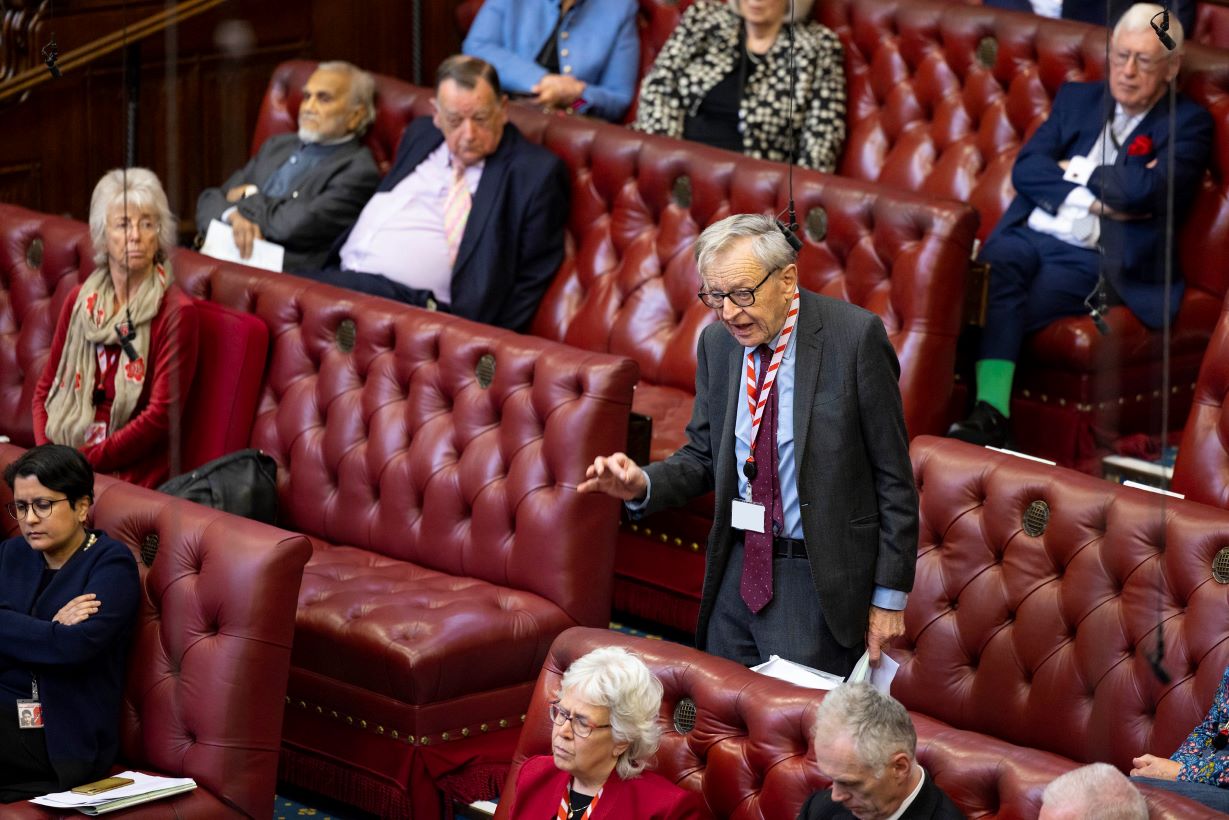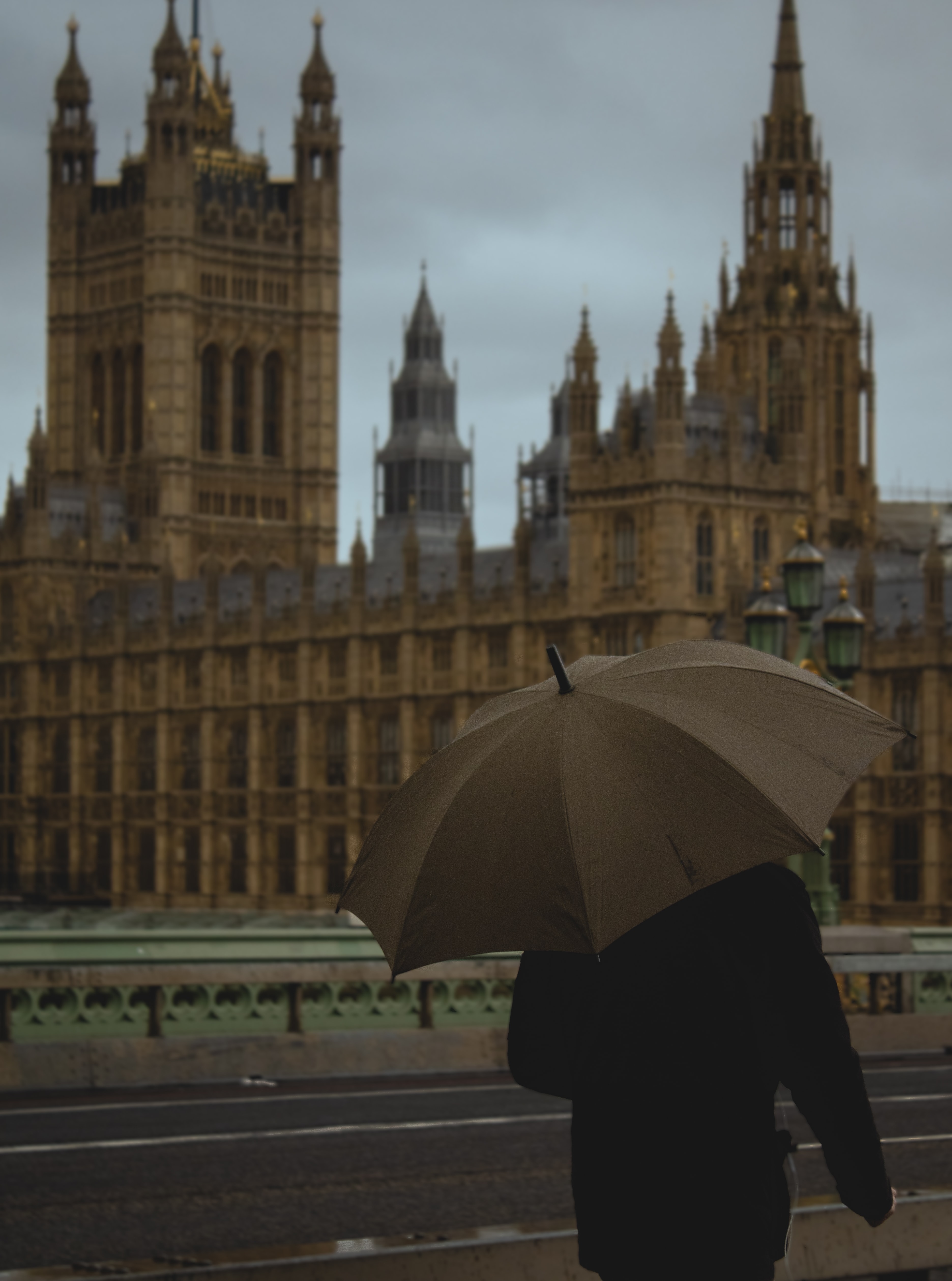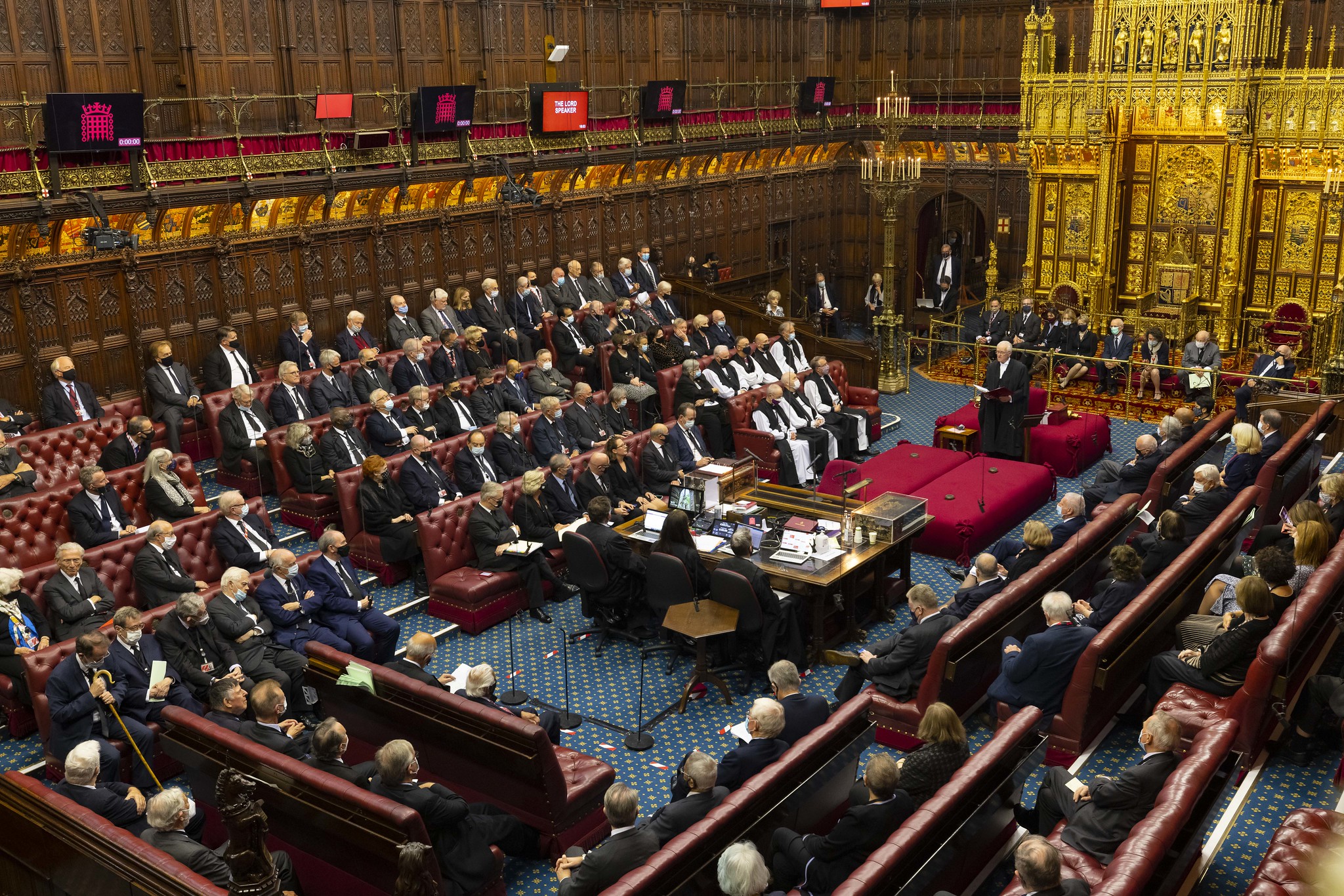 William O’Brochta considers whether unelected legislators – in this case House of Lords peers – respond immediately to crises by increasing their attendance in debates. Using data covering the years 1999-2014, he finds that peers increased their attendance only after Lords reform debates in either House, rather than after more public crises such as natural disasters or terrorist attacks.
William O’Brochta considers whether unelected legislators – in this case House of Lords peers – respond immediately to crises by increasing their attendance in debates. Using data covering the years 1999-2014, he finds that peers increased their attendance only after Lords reform debates in either House, rather than after more public crises such as natural disasters or terrorist attacks.
Politicians employ symbolic responsiveness as a way to communicate with the public. One reason for doing so is electorally motivated: politicians who are seen as hard-working and investing time in issues of importance are more likely to be re-elected. Such symbolic responsiveness is particularly crucial during what critical events – significant inflection points where legislators play key decision-making roles. Such events range in scope and severity, from natural disasters to political scandals to terrorist attacks. I focus here on immediate responses, as extensive research suggests that symbolic responsiveness is only effective in the immediate aftermath of the event.
While elected legislators have clear electoral incentives to symbolically respond to critical events, whether unelected legislators are symbolically responsive had not previously been explored. Unelected legislators, the logic goes, are under no threat of being removed by the public and, therefore, being responsive makes little sense. I complicate this story by arguing that critical events can be split into two types. Constituency-level events are perhaps most commonly thought of as public crises, where citizens bear the primary cost (e.g., mass panic or death in a terrorist attack or natural disaster). These are the kinds of critical events where the public looks to legislators for a response. One virtue of being an unelected legislator is having time to collect information and to compose a response without needing to be symbolically responsive in the immediate aftermath of such a situation. Legislator-level events, on the other hand, are those that threaten legislators’ positions of power. In the UK, political scandals and House of Lords reform debates are the primary ways in which the integrity of the House itself is up for debate. I argue that legislator-level events are ones where even unelected legislators have reason to be immediately symbolically responsive, as their reputations are being directly questioned.
Peers’ immediate symbolic representation
To test these expectations, I compiled daily sitting attendance data for the House of Lords from 1999 to 2014. An average of 57% of peers were in attendance at any given sitting during this period. I also collected data on constituency-level (natural disasters and terrorist attacks) and legislator-level (scandals and House of Lords reform debates) crises. Figure 1 shows counts of the number of crises of each type by year. To capture immediate symbolic responsiveness, I created dichotomous variables indicating whether a natural disaster, terrorist attack, scandal, or reform debate occurred between a given sitting and the previous sitting.
Note: Attack data was collected from the Global Terrorism Database, disaster data from EM-Dat, scandals from the House of Lords Privileges and Conduct Committee, and debates from the Parliamentary Hansard.
I ran regression models with the crises as independent variables; the percentage of Lords attending as the dependent variable; and various controls, lags, and fixed effects. Figure 2 displays the results for the entire 1999 to 2014 time period and for the period from 2009 to 2014 where scandal data was available. The point estimates in Figure 2 indicate the percentage point increase in attendance at a sitting immediately following one of the five types of crises.
Note: Linear regression models with controls, year and month fixed effects, lag dependent variable, and robust standard errors. Point estimates and 95% confidence intervals shown.
As expected, constituency-level events do not significantly impact attendance. But peers do increase attendance during reform debates in their own chamber and immediately after debates in the House of Commons. Interestingly, this effect is concentrated in the period from 1999 to 2009. On average, attendance increased by approximately 30 of the average of 731 peers following a Lords reform debate in the Commons.
Promoting increased symbolic representation
Peers are immediately symbolically responsive, but only to the most severe legislator-level crises. This may be because the audience for peers’ symbolic responsiveness following Lords reform debates in the Commons is not the public, but MPs. My results cannot speak to whether peers’ symbolic responsiveness is intentional or not. The fact that symbolic responsiveness mostly occurs between 1999 and 2009 suggests that those who would have otherwise not attended a sitting but do so following a reform debate in the Commons may simply be attending more in the last decade than they did previously. Average attendance in the Lords has increased more than 10% in recent years, meaning that attendance may be becoming a less informative signal of symbolic responsiveness. Increasing attendance is good news and might result from both media attention and reform proposals from MPs.
More broadly, the key takeaway is that unelected legislators are not fully isolated from political events occurring around them. This point may seem obvious and yet, a substantial body of prior work equates responsiveness with electoral incentives when equally powerful incentives also exist for unelected legislators. In fact, symbolic responsiveness is one way that unelected legislators can burnish their image and increase their legitimacy.
Are there ways to prompt unelected legislators to also be immediately symbolically responsive to constituency-level crises? Here, I would argue that one way that peers can meaningfully respond symbolically to constituency-level crisis is to take more time to formulate a response. Elected legislators are under electoral pressures and must respond immediately, but the flexibility afforded to unelected legislators regarding when to respond means that they are able to combine symbolic gestures with more thorough plans to address crises at hand.
________________
Note: This discussion draws on the author’s recently published article in British Politics.
About the Author
 William O’Brochta is a Ph.D. Candidate in political science at Washington University in St. Louis.
William O’Brochta is a Ph.D. Candidate in political science at Washington University in St. Louis.
Photo by Shane Rounce on Unsplash.










1 Comments